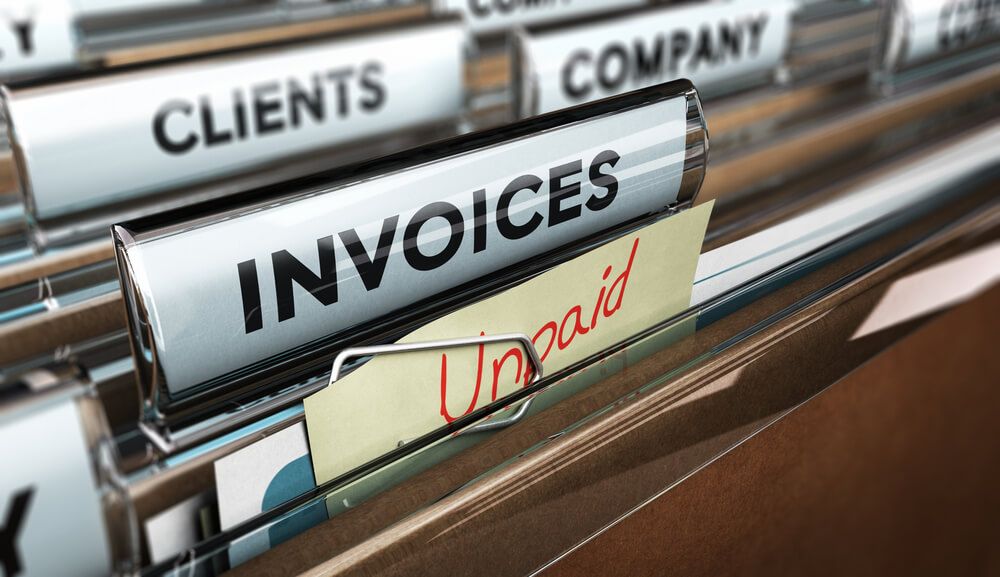
Selling a business isn’t as cut and dried as one might think. There are issues or factors to consider if you are thinking of buying someone else’s business or if your client has decided to let go of his.
Let’s focus on debt. What happens to it when you buy a business that has debt, or when your client’s business suddenly changes ownership? Are they supposed to be wiped clean and forgotten? Are they part of the sale? There are two kinds of sales that you must know about: stock sale and asset sale.
What is a Stock Sale?
When a business is on stock sale, it usually means that everything, including its liabilities, will be passed on to the new owner. If you find yourself in such a situation, you are then liable to pay
off any debt the business owes creditors.
Good news — this type of sale is usually applicable to large companies where the sale price is in excess of $10 million. Trying to investigate all of the company’s liabilities is not only time consuming but can also cost quite a hefty sum of money. Small business owners rarely have the resources to be able to do this.
What is an Asset Sale?
While a stock sale is a complete transfer of assets and liabilities to the next owner, an asset sale gives the buyer more leeway when it comes to what he wants to gain from the business being sold. An asset sale lets the seller and buyer negotiate which asset and liability would be included in the sale.
From these two types of transactions, it can be confusing to someone who has zero knowledge about what he is trying to get himself into. This is why it’s important to stay informed and be on
top of things to be able to know about such details.

Reasons for Selling a Business
There are a few common reasons why someone would want to let go of their business:
- They’ve begun to make profits and would like to liquidate
- As much as they would want to keep the business there is no successor to keep it going
- They are moving out of town
- Personal reasons such as a divorce or a serious illness would be forcing them to sell the business
Another common and unfortunate reason why a company goes on sale is when the owner doesn’t have the means and motivation to continue on. In such a case, you should be made aware of their plans so you know how to handle any debt they may owe you.
How to Protect Yourself in Two Simple Ways
When clients have overdue invoices there are a number of ways you can protect yourself and your company.
Number 1: It all begins with how you treat your client.
Treating potential and regular customers with respect and in a business-like fashion should be a priority. When a client sees the passion behind your business and that you’re serious about
doing business, more often than not they’ll be treating you the same way. They know that they can’t just pull your leg. You mean business and you show it.

Number 2:Another important factor to take into consideration is creating detailed payment terms between yourself and your client. You can come up with a general contract for all clients
or you can customise it according to how big or small the transaction will be. The things you should be including in your payment terms are:
- When the payment is due: make it a point to make it easy to remember for the client, such as every last Friday of the month;
- How you want to be paid: Depending on how big the transaction will be, you can give the client the choice to choose whether they prefer to pay in cash or through online bank transfers. Some businesses also accept PayPal to make things hassle-free for both parties. With online bank transfers or PayPal, the payment is reflected on your account real time and there are transaction records you can go back to when the need arises.
- Payment overdue terms: You should be able to indicate what you intend to do if the client fails to make payment on time. You may charge an overdue fee or add interest
By simply following these two simple steps you can greatly lessen the chances of encountering an errant client.
More Tips from JMA Credit
- Be and stay informed about the impending sale. Try to find out the reason why they are selling their business. If it’s due to financial reasons, it might be safe to assume that they have no intention of letting you know about the sale to avoid paying off their debt.
- Once it has been confirmed that the client is selling their business, be extra vigilant about following up outstanding accounts receivable.
- It might be in your best interest that for future transactions, you require the client to pay in full or upfront until the new owner takes over.
- Get the help of a credit recovery agency like JMA Credit Control so you won’t have to worry. Being a business owner means there are other things to deal with and it wouldn’t hurt to have someone else on board to help out.
Contact us now for a hassle-free debt collection process.





















